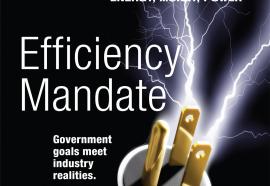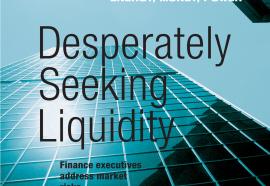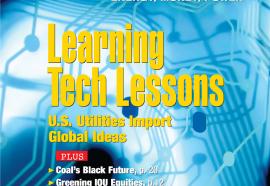Reconsidering Resource Adequacy, Part 1
Has the one-day-in-10-years criterion outlived its usefulness?
The one-day-in-10-years criterion might have lost its usefulness in today’s energy markets. The criterion is highly conservative when used in calculating reserve margins for reliability. Can the industry continue justifying the high cost of overbuilding?










